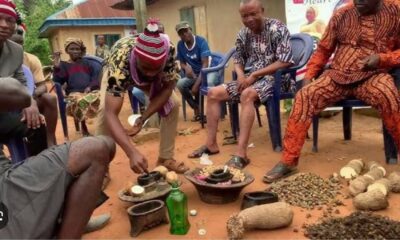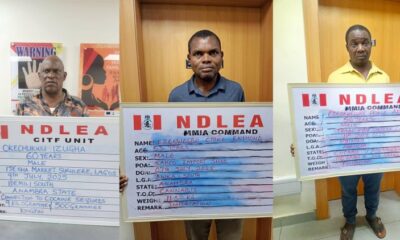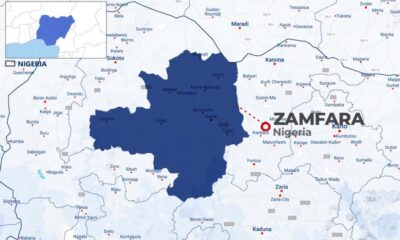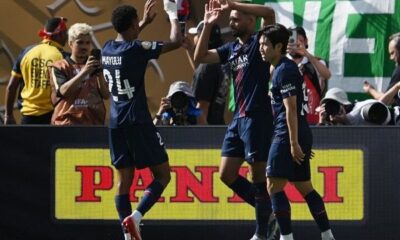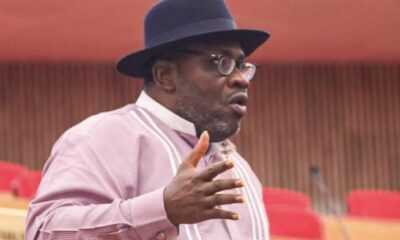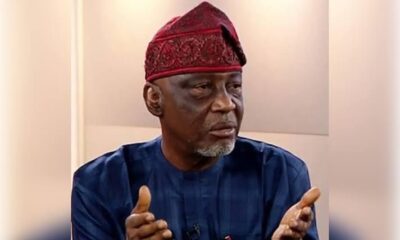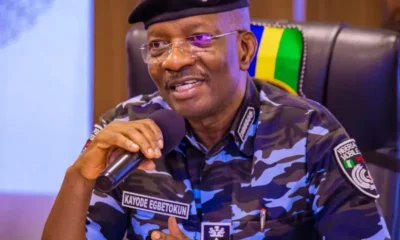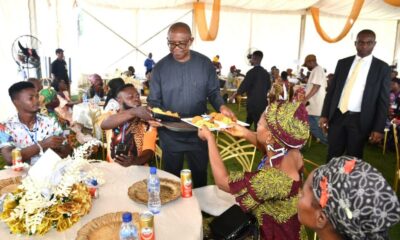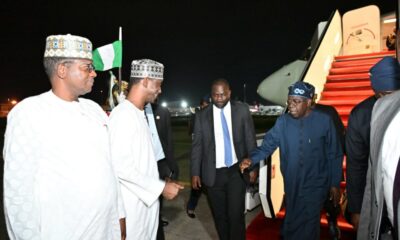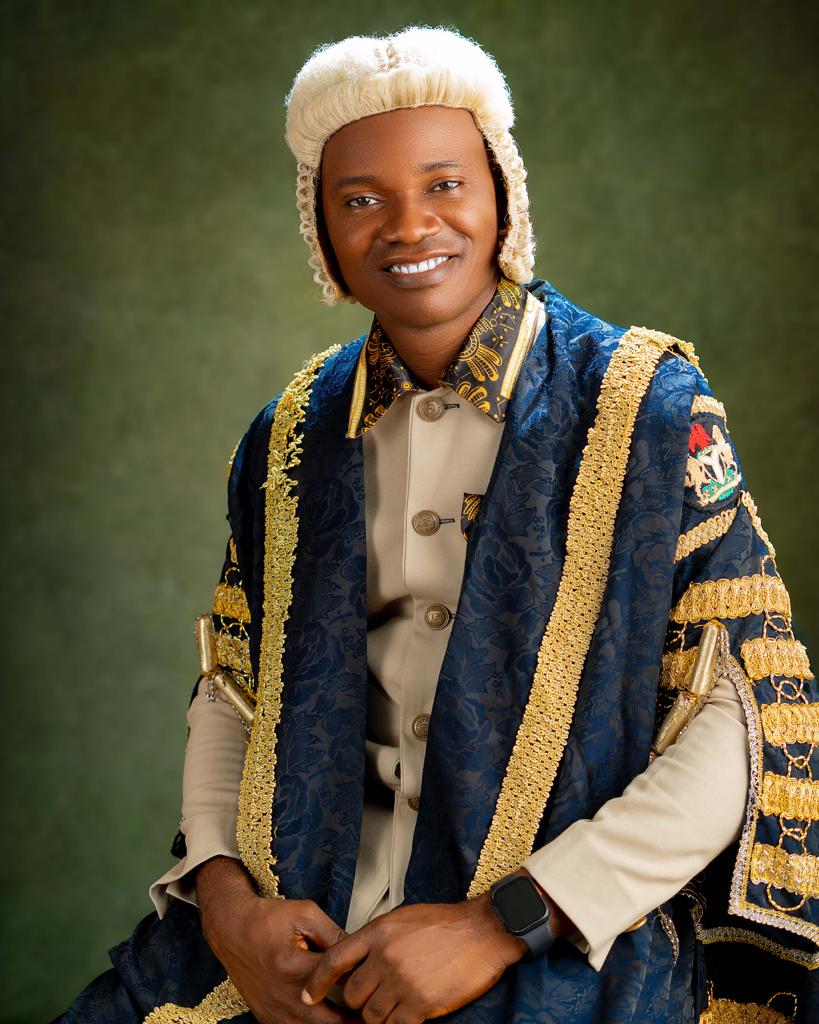EDITORIAL
Why Peter Obi Will Not Win the 2027 Presidential Election
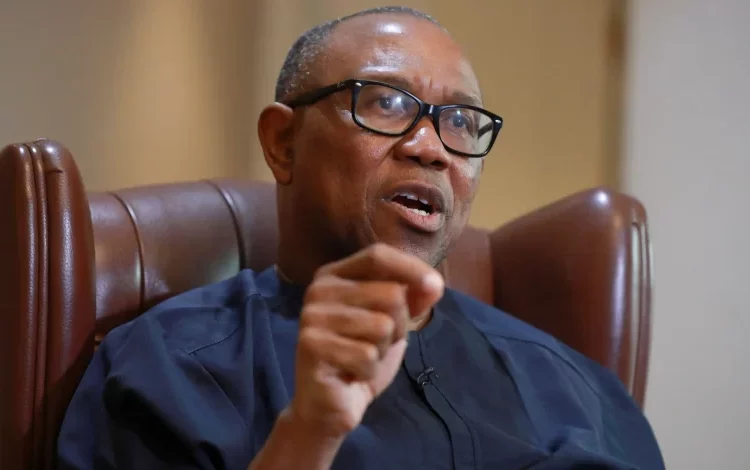
As Nigeria begins its slow and often chaotic march toward the 2027 general elections, the political atmosphere is once again thick with speculation. Among the recurring names in the public discourse is Mr. Peter Obi, the former governor of Anambra State and the 2023 presidential candidate of the Labour Party.
For many of his supporters, especially those disillusioned with Nigeria’s mainstream political establishment, Obi represents a refreshing alternative — a principled, technocratic figure who promises transparency, frugality, and reform. But for all the idealism surrounding his candidacy, the brutal reality of Nigerian politics suggests that Peter Obi is unlikely to win the 2027 presidential election.
To understand why, one must first confront the sheer weight of Nigeria’s political structure — a structure that rewards machinery, patronage, coalition-building, and regional balancing over ideology or personal integrity. In this regard, Peter Obi faces a daunting challenge. The Labour Party, under whose platform he contested in 2023, remains a largely fringe party with limited grassroots presence outside major urban centers. While the 2023 election saw an unexpected surge in support for the party, especially in the South-East and among younger, educated Nigerians in urban areas, this enthusiasm did not translate into a robust national presence. The Labour Party still lacks the institutional depth, logistical capacity, and political alliances needed to mount a truly competitive campaign on a national scale.
In contrast, the two dominant parties — the All Progressives Congress (APC) and the People’s Democratic Party (PDP) — boast deeply entrenched political infrastructures built over decades of dominance. These parties are not only backed by powerful state governors and political godfathers but also possess the machinery required to penetrate rural communities, control electoral agents, and, crucially, mobilize votes at scale. Winning a presidential election in Nigeria is not merely a contest of ideas or popularity; it is a contest of influence, resources, and reach. Obi’s campaign in 2023 lacked this threefold arsenal and there is little evidence, at present, that it has been developed since.
Another factor working against Obi is the nature of his support base. The so-called “Obidient” movement that erupted in 2022 was nothing short of remarkable — a youth-driven, organic campaign powered by social media, frustration with the status quo, and a yearning for a new political order. But the demographics of this movement skew heavily toward urban, middle-class Nigerians.
While these groups are often vocal and politically aware, they do not form the bulk of Nigeria’s voting population. The vast majority of Nigerian voters live in rural areas, many of which remain heavily influenced by traditional power structures, religious leaders, and local political patrons. In these constituencies, Obi remains a relatively obscure figure. His performance in the 2023 elections reflected this disconnect: despite winning the popular vote in some metropolitan areas and making a clean sweep of the South-East, he performed poorly in the North and even in parts of the South-West, where he needed to build a broader coalition.
Indeed, the issue of regional balance cannot be ignored. Nigerian politics is shaped by a complex and often delicate interplay of ethnicity, religion, and regional interests. While there is a compelling moral argument for a president from the South-East — a region yet to produce a civilian president in Nigeria’s Fourth Republic — electoral politics is rarely about what is morally compelling. It is about political arithmetic. Obi is still widely perceived, both within and outside the South-East, as a regional candidate. This perception, whether fair or not, limits his ability to forge the kind of national coalition necessary to meet Nigeria’s constitutional requirement of securing at least 25 percent of the votes in two-thirds of the 36 states. In 2023, he achieved this in only 16 states — a clear indication of the regional limitations of his appeal.
Furthermore, the prevailing culture of Nigerian elections is deeply transactional. Electoral victories are often the product of political bargaining, alliances, and — in many unfortunate cases — vote-buying. Obi’s principled stance against corruption and transactional politics, while admirable, leaves him vulnerable in a system that often rewards the very behaviors he condemns. His refusal to engage in the “usual Nigerian way” of politicking may have earned him the moral high ground, but it also placed him at a strategic disadvantage. Nigerian elections are not won by those who are right — they are won by those who are ready, equipped, and willing to fight dirty if necessary. For now, Obi’s politics still seems more aspirational than pragmatic.
Additionally, the 2023 elections taught the APC and PDP a lesson they will not soon forget: Obi is not a fringe candidate to be ignored. His strong showing shocked the political establishment and disrupted what many had assumed would be a two-horse race. As 2027 approaches, the political elites within both dominant parties will be better prepared. They will seek to co-opt, divide, or outright neutralize the Obidient movement. Already, there are signs of infiltration and internal crises within the Labour Party — a party ill-equipped to handle national-level intrigue and power struggles. Without a stable platform and with limited access to the powerbrokers that still control the levers of Nigerian politics, Obi may find himself isolated, even within his own movement.
Finally, there is the simple but unavoidable reality of voter perception. While Obi is widely respected for his intellect, modest lifestyle, and reformist agenda, there remains a sizable portion of the electorate that views him as aloof, inaccessible, or lacking in the charismatic populism often required to win over undecided voters. Nigerian elections are not just about records or manifestos; they are also emotional contests shaped by perception, storytelling, and personality politics. Obi, despite his strengths, has yet to convincingly project the kind of national father-figure image that resonates across tribes and tongues — the sort of image that propelled past presidents like Olusegun Obasanjo, Goodluck Jonathan, or Muhammadu Buhari to power.
In conclusion, while Peter Obi’s rise has reshaped Nigerian political discourse and galvanized a new generation of voters, his path to the presidency in 2027 remains narrow, if not altogether blocked. His message is powerful, but his machinery is weak. His appeal is genuine, but his coalition is narrow. His principles are admirable, but his strategy is incomplete. Without a dramatic reconfiguration of Nigeria’s political realities — or a strategic shift in Obi’s approach to them — the dream of a Peter Obi presidency may remain just that: a dream. Inspiring, hopeful, but not yet achievable.
Discover more from Asiwaju Media
Subscribe to get the latest posts sent to your email.
-
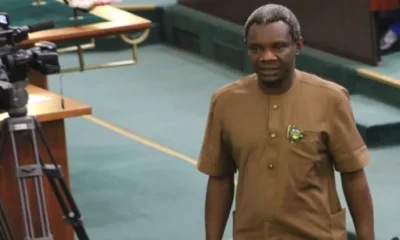
 POLITICS6 days ago
POLITICS6 days agoChinedu Ogah Decamps from APC to ADC, Joins Coalition—Video Claims Surface Online
-
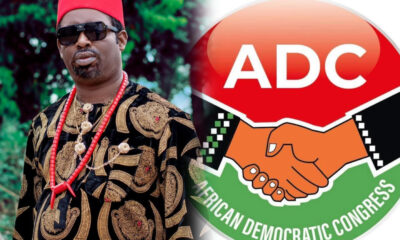
 POLITICS3 days ago
POLITICS3 days agoADC Chieftain Alleges Plot by APC to Hijack Party in Ebonyi, Vows Resistance
-

 ENTERTAINMENT3 days ago
ENTERTAINMENT3 days agoIyabo Ojo Addresses Police Invitation, Threats And Fire Outbreak, Clarifies Position On Mohbad’s Death
-
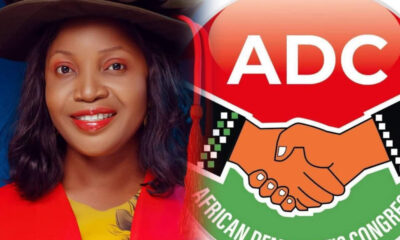
 POLITICS4 days ago
POLITICS4 days agoADC Confirms Jennifer Adibie as Ebonyi State Chairperson
-

 TECH5 days ago
TECH5 days agoStep-by-Step Guide on How to Generate an e-affidavit for Change of Name, Loss of SIM, Declaration of Age and General Declarations
-

 NEWS5 days ago
NEWS5 days ago“We Need Real Protection, Not Just Condoms” — Akure Sex Workers Mourn Colleague
-

 TECH6 days ago
TECH6 days agoHow Can I Make Sure My Facebook Ads Are Effective in Generating Sales?
-
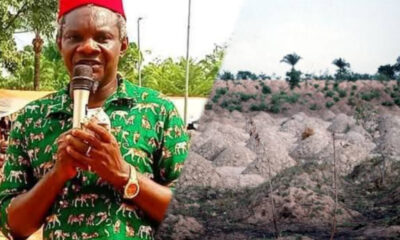
 FACT-CHECKS/INVESTIGATION2 days ago
FACT-CHECKS/INVESTIGATION2 days agoHow Federal Lawmaker, Ogah Snatches Village Land in Ebonyi
-
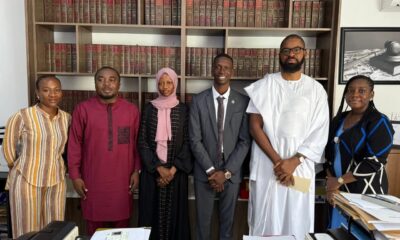
 NEWS2 days ago
NEWS2 days agoDeji Adeyanju Rewards Top Law School Graduates With N8m Cash Gift
-
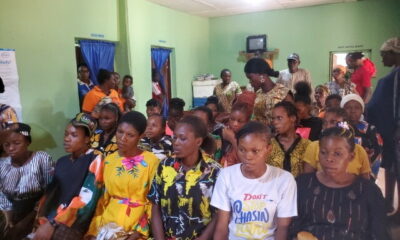
 NEWS2 days ago
NEWS2 days agoFoundation Conducts Outreach in Amaenyima, Settles Hospital Bills and Support
-
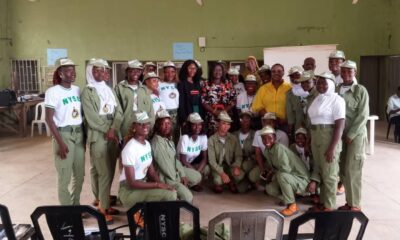
 NEWS3 days ago
NEWS3 days ago95 Female Corps Members Receive Free Entrepreneurial Training In Lagos
-
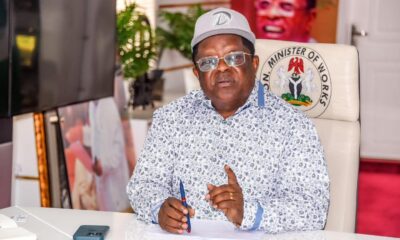
 POLITICS6 days ago
POLITICS6 days agoUmahi Closes Highway, Pledges Southeast Support for Tinubu



